Environmental Conservation
The world has lost 420 million hectares (mha), or approximately 10.34% of its total forest area in just the last 30 years.
Deforestation and Climate Change
The UN FAO estimates that 10 million hectares of forest were cut down each year since 2010. Since 1900, we have lost 1 billion hectares of forested land, the same amount lost between 8,000 BCE and 1900.
Most deforestation is driven by the need to produce food and build infrastructure.
Deforestation releases carbon dioxide into the atmosphere while damaging the planet’s ability to remove that carbon dioxide. More CO2 in the atmosphere means more climate change.
The deforestation of 1 hectare of mature forest translates to up to 40.7 tons of CO2 not being absorbed per year.
In addition to contributing to emissions while taking away the ability to absorb them, deforestation causes significant disruptions to the lives of people and wildlife living in and near forests.
Programs
Follow Us
Our Focus
Pathway is committed to working with local organizations around the world to plant trees as a way to contribute to global reforestation.
What We Do
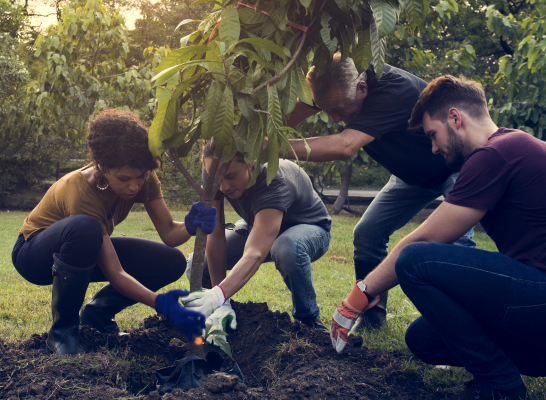
What We Do
Pathway’s Tree Planting Program partners with schools, non-profits, corporations, and homeowners to plant trees.
Pathway also partners with local organizations to provide youth with paid learning opportunities in environmental stewardship. These apprenticeships are designed to create a path to full time employment in the green jobs sector.
Benefits of Planting Trees
The average tree absorbs 10 kilograms, or 22 pounds, of carbon dioxide per year for the first 20 years.
By planting more than a half trillion trees, we could capture about 205 gigatons of carbon, reducing atmospheric carbon by about 25%.
Trees help stop climate change by removing carbon dioxide from the air, storing carbon in the trees and soil, and releasing oxygen into the atmosphere;. In addition to providing cooling shade, trees also purify our air, prevent soil erosion, and clean our water.
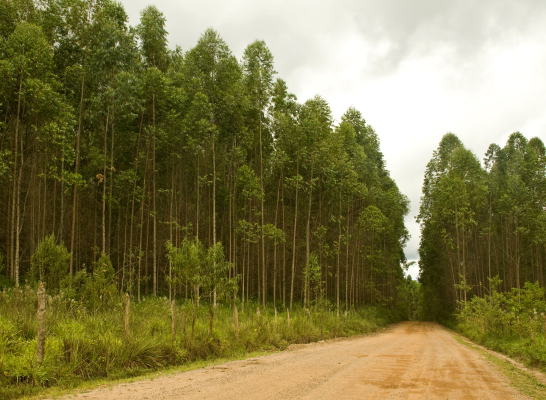
Related News
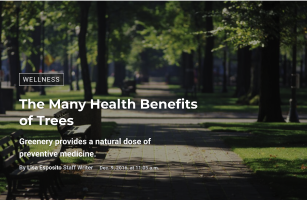
THE MANY HEALTH BENEFITS OF
TREES
Heat-stroke protection, cleaner air, better breathing, sounder sleep, stress relief, disease prevention and defense from depression – trees and greenery offer a host of health advantages.
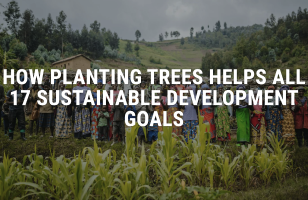
HOW PLANTING TREES HELPS ALL 17 SUSTAINABLE...
In 2015, the UN established a set of Sustainable Development Goals to help businesses and governments build a more equitable and sustainable world. Since then, we’ve seen progress on …
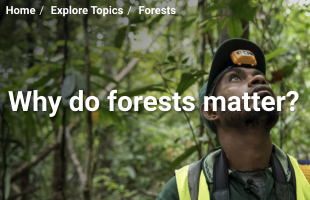
IMPORTANCE OF FORESTS AND THE ROLE OF GENEVA
Forests cover one-third of the Earth’s landmass, performing vital functions around the world. Around 1.6 billion people – including more than 2,000 indigenous cultures – depend on forests for their …

